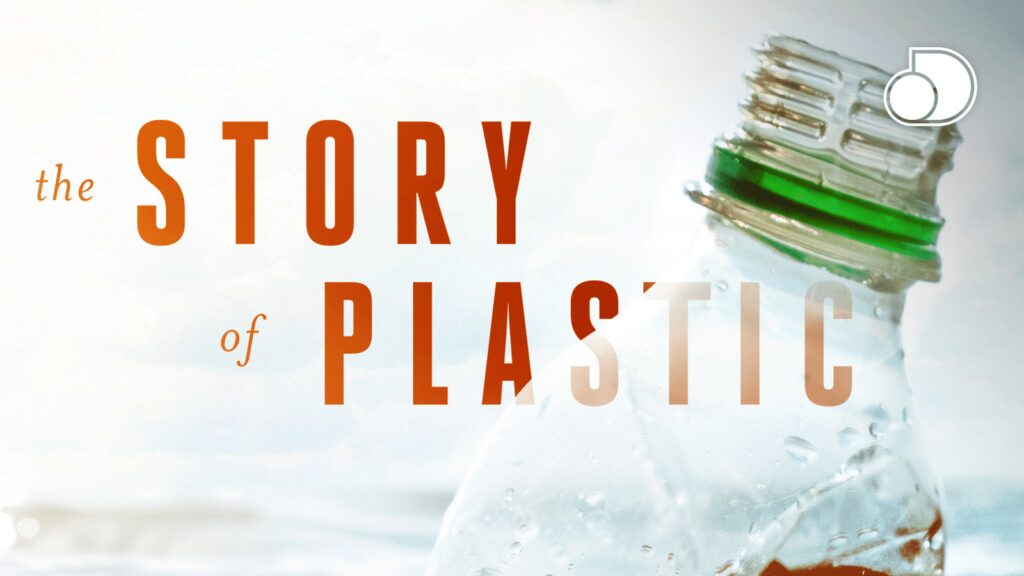At least 8.8 million metric tons of plastic waste enter the world’s oceans each year.
Estimates vary, but U.N. figures assert that humanity uses 500 billion plastic bags and 17 million plastic oil barrels annually. Some 13 million metric tons of plastic wind up in the oceans every year, and plastic kills 100,000 marine animals annually. Deia Schlosberg’s latest documentary The Story of Plastic discusses the dismal reality of the plastics’ industry and its impact on the world.
RELEVANT SUSTAINABLE GOALS


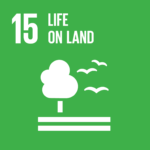
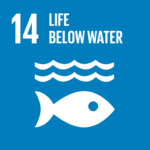
THE STORY OF PLASTIC
The film “The Story of Plastic,” directed by Deia Schlosberg and Presented by The Story of Stuff Project, is a documentary that explores the ugly truth about plastic pollution and the mistake in plastic recycling solutions. This documentation also discusses where plastic waste comes from.
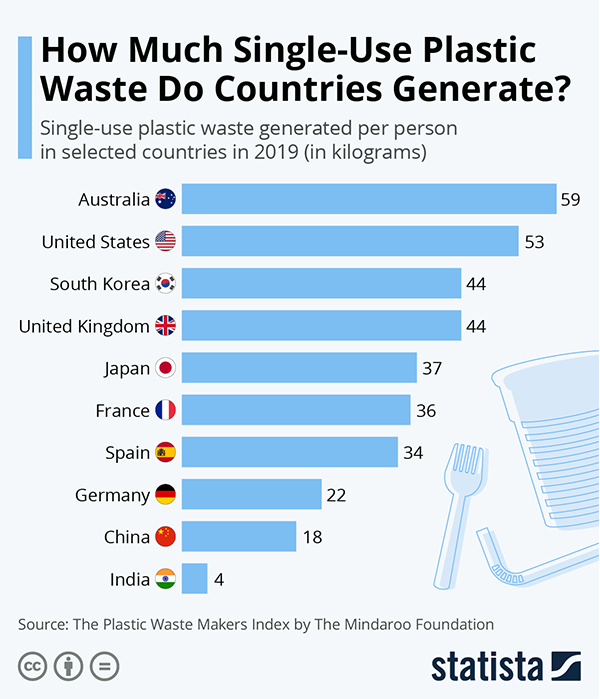
The documentary also explores the ugly truth and failure in recycling plastics. This recycling system is very effective and efficient for glass and metals but fails when recycling plastic materials. It explains that only 14% of plastic materials are successfully recycled, and only 2% are adequate. Most people think that plastic is straightforward to recycle when it is challenging to recycle plastics. Most plastics are degraded when recycled, so they are not reusable, decreasing quality. Then, where does the plastic waste that fails to re-claim go? They are all sent abroad to developing countries like China, Indonesia, the Philippines, India, and many more. For archipelagic countries, this is very damaging to their seas. It gets contaminated with plastic waste, especially for people living on the coastline, as they are very dependent on their natural marine resources to survive. The phrase “there’ll be more plastics in the oceans than fish in 2050” has become a reality for fishermen.
Before global companies entered India, Indians met their needs in traditional stores where products like soy sauce or oil did not have packaging. Hence, consumers had to bring glass containers to buy and store these products. “When these global companies came in, we were happy to see that. Okay, we are also getting the same quality of life enjoyed by the west. Still, we realize that there is a double standard,” said Shibu K. Nair, a zero-waste champion in India. Most of the waste pickers are marginalised women with meager wages.
The industry is out there pushing the idea that this is all because of bad management, that the waste is here because the government isn’t putting enough funding into proper waste management. But it is distracting from the truth. There’s no way you can manage this waste; it’s not meant to be managed
Tiza Mafia, a policy expert, and lawyer in Jakarta
It is reported that the seven most produced and consumed types of plastic produce greenhouse gases. If it is left unchecked, it will negatively impact the environment. However, the plastic recycling process is done incorrectly, and it damages the environment and the surrounding community. Many community leaders, entrepreneurs, and the public think this waste is valuable as an energy resource or energy recovery by converting solid waste into energy by burning it. However, this method is hazardous because plastic waste contains toxic substances such as carcinogens. This can cause air pollution and diseases such as respiratory distress, dermatitis, skin rashes, infertility, hormone disruptors, and long-term effects on the fetus.
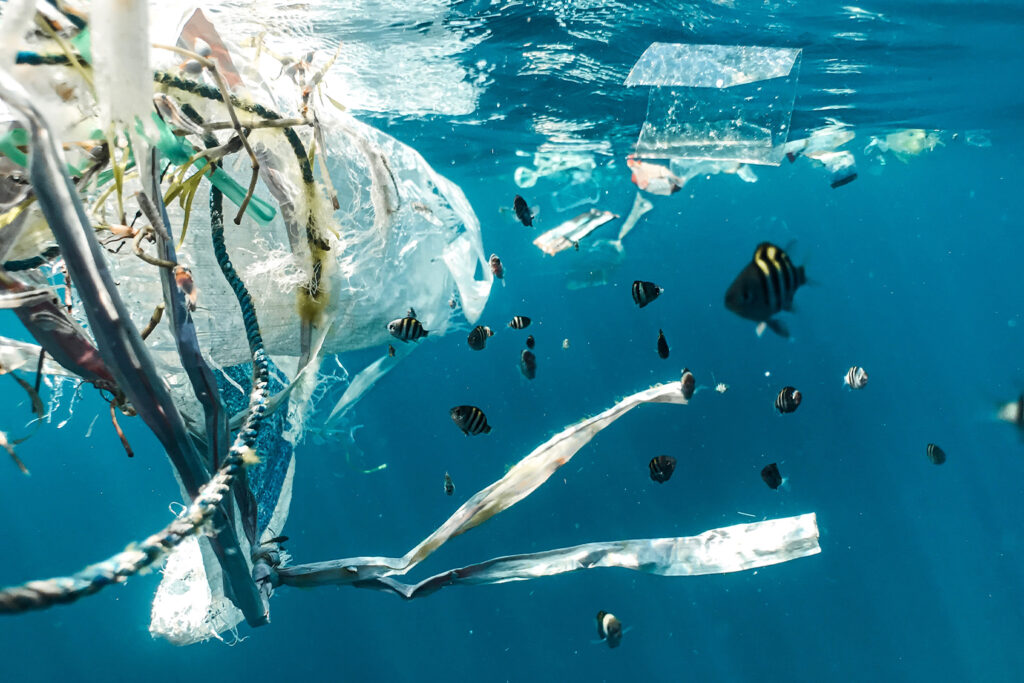
On the other hand, the industry propagates plastic products as life-saving such as medical devices, helmets, straws, serving packets, and many more. Even though these products are only used once and are not needed essentially in our lives. This shows that the problem of plastic waste is very systemic.
A global discussion is needed, as these companies are operating worldwide. Companies design their products with a plan for reusing, composting, and effective recycling. We need to start focusing on reducing and reusing.
Lead image courtesy of Plastic Pollution Coalition.
You may also be interested in :
An Overabundance Of Convenience ? The Story of Our Addiction To Plastics


